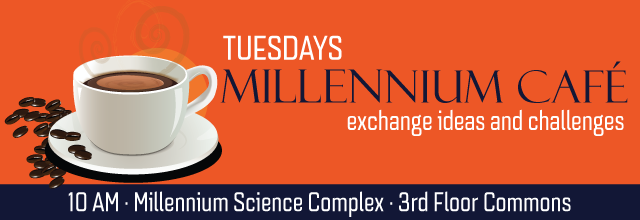Established in 2022 by the Penn State College of Medicine, the LION Clinic is a mobile health clinic with a three-part mission of Service-Education-Research. The clinic aims to serve medically underserved communities by providing health care services, educate medical students through hands-on and student-led care provision, and facilitate community-engaged research on rural population health. In this talk, I will describe how our team has used a unique hybrid of research and service to build trust with underserved communities, explore community-identified needs and desires, and adapt the clinic model to respond to those needs and desires.
Kristina Brant | Agricultural Economics, Sociology, and Education

